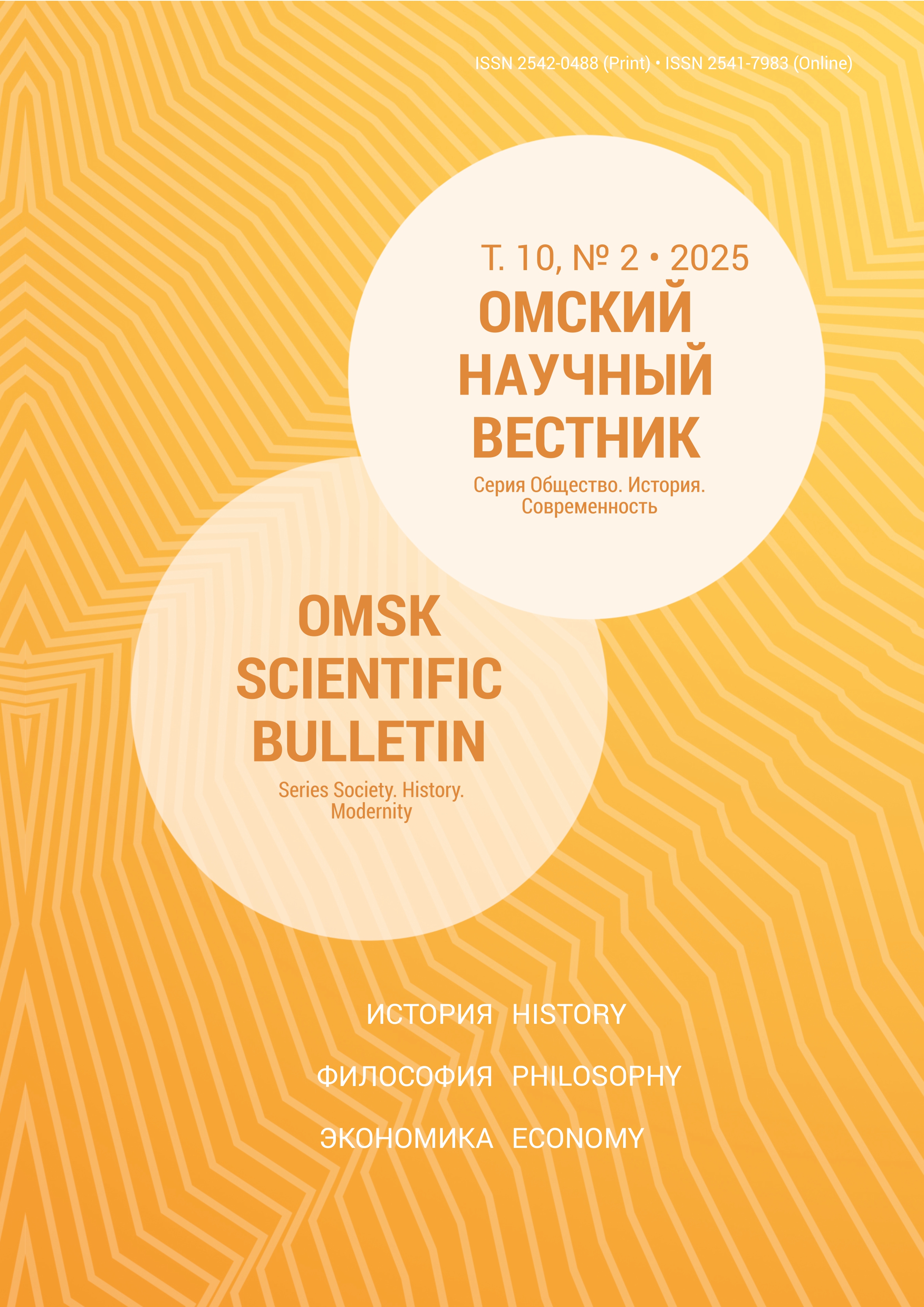Epistemological pragmatism of William Kneale as an alternative to strict verificationism
DOI:
https://doi.org/10.25206/2542-0488-2025-10-2-88-93Keywords:
verification, criteria of meaningfulness, empirical statements, knowledge justification, perception, statement structure.Abstract
This article presents William Kneale’s epistemological pragmatism as an alternative to strict verificationism discussed at the 1945 symposium of the Aristotelian Society. The focus is on his critique of the traditional verificationist criterion of the Vienna Circle and his argument for knowledge as a flexible rather than strictly empirical process. Kneale challenges the view that the meaningfulness of statements is determined by their verifiability and demonstrates that knowledge can exist without explicit hypothesis testing. Unlike Friedrich Waismann, who sought to modernize verificationism, Kneale highlights its limitations. He also disputes Donald MacKinnon’s position, which linked verification to a priori knowledge and the universal subject-predicate structure of language. The analysis of these opposing views shows that the 1945 symposium was a significant milestone in analytic philosophy, anticipating contemporary discussions on meaningfulness, knowledge justification, and the limits of empirical verification.
Downloads
Published
How to Cite
Issue
Section
License
Non-exclusive rights to the article are transferred to the journal in full accordance with the Creative Commons License BY-NC-SA 4.0 «Attribution-NonCommercial-ShareAlike 4.0 Worldwide License (CC BY-NC-SA 4.0»)




